Imposter Syndrome
I was so inspired by everyone’s comments and resonance with our IG post about {IMPOSTER SYNDROME}, that I thought it deserved its own blog post. The concept of imposter syndrome applies when an individual doubts his/her/their accomplishments and has a persistent internalized fear of being exposed as a "fraud"(from the Webster dictionary). Feeling like an imposter in your life means that you are asking yourself the toxic question: “who do I think I am?” It breeds self-doubt and abandons self-love and self-worth. This doubt is relevant to our journey as therapists, new business owners, and (for me) a new mom. So I can only imagine that there are many other incredible people out there experiencing it too.
The truth is that we are fully capable human beings with incredible knowledge and talent to be shared. So why are we still questioning our expertise and putting ourselves down by comparing ourselves to others? We hold ourselves to an unattainable standard. We tell ourselves we can do better. We become preoccupied with perfection. We see others’ successes as a challenge to be/do better.
We do all of this under the guise that we are passionate and just want to put our best foot forward. But is that true? I think we hide our true selves behind the work, the project, the event, the relationship, etc. We are so uncomfortable with just “being” that the un-living project becomes a representation of us. Our self-esteem and worth becomes entangled with what we produce. We distance our self-worth and self-esteem from our core self. So when our work is critiqued, we become very defensive because it feels like a personal attack.
So let’s examine this within the context of building our expertise in a field. When we become passionate about something we strive to be an expert in our field. This means that our knowledge is the foundation of our work. We are the product or service we are selling. And being an expert means owning our expertise. This is tough because it means that we have to acknowledge and own our capacity to be undoubtedly worthy of recognition. We can’t hide behind the research, the trends, or a group. We have to be bold and tell the world that we are enough no matter what. And this is when “imposter syndrome” can show up.
So how do we shift our relationship with our work and banish the negative self-talk? Below are some tips:
· Know your scope of work. What are you good at? What is your field/niche? And how will you share it with others? Your passion paired with your knowledge will sell itself.
· Find your market. Who needs what you have to offer? Find them. Contact them. Shake a hand.
· Contact your community. Ask them for support. They will be your references and referral base (yes it’s okay to ask for help).
· Be genuine. Be transparent. People can see right through bullshit. They will be more apt to buy you if they understand who you are.
Even when we employ these strategies, “imposter syndrome” is bound to continue to show up. Be patient with yourself. You are doing the best you can in this moment. It can be helpful to check-in with a supervisor, friend, co-worker, or partner when the mean and judgmental thoughts become dizzying. Our people can offer us the perspective we can’t see when we’re too close to something we love.
